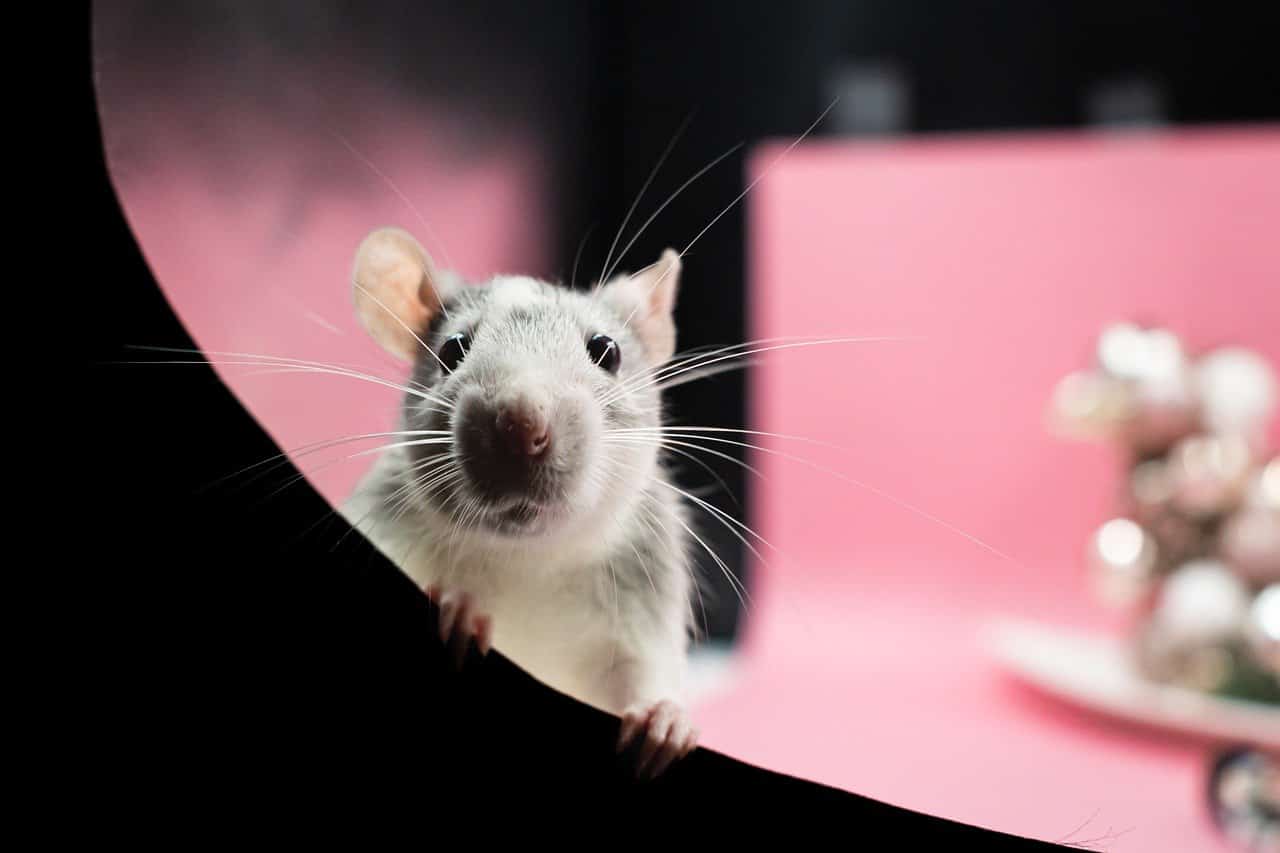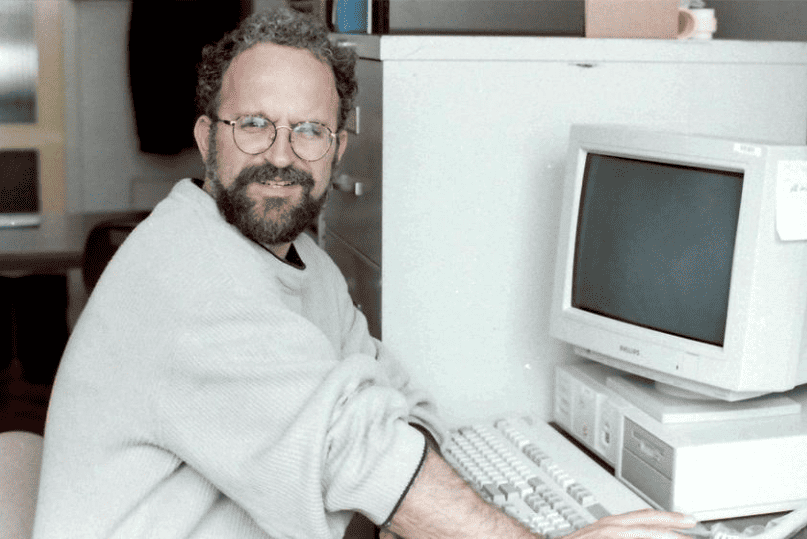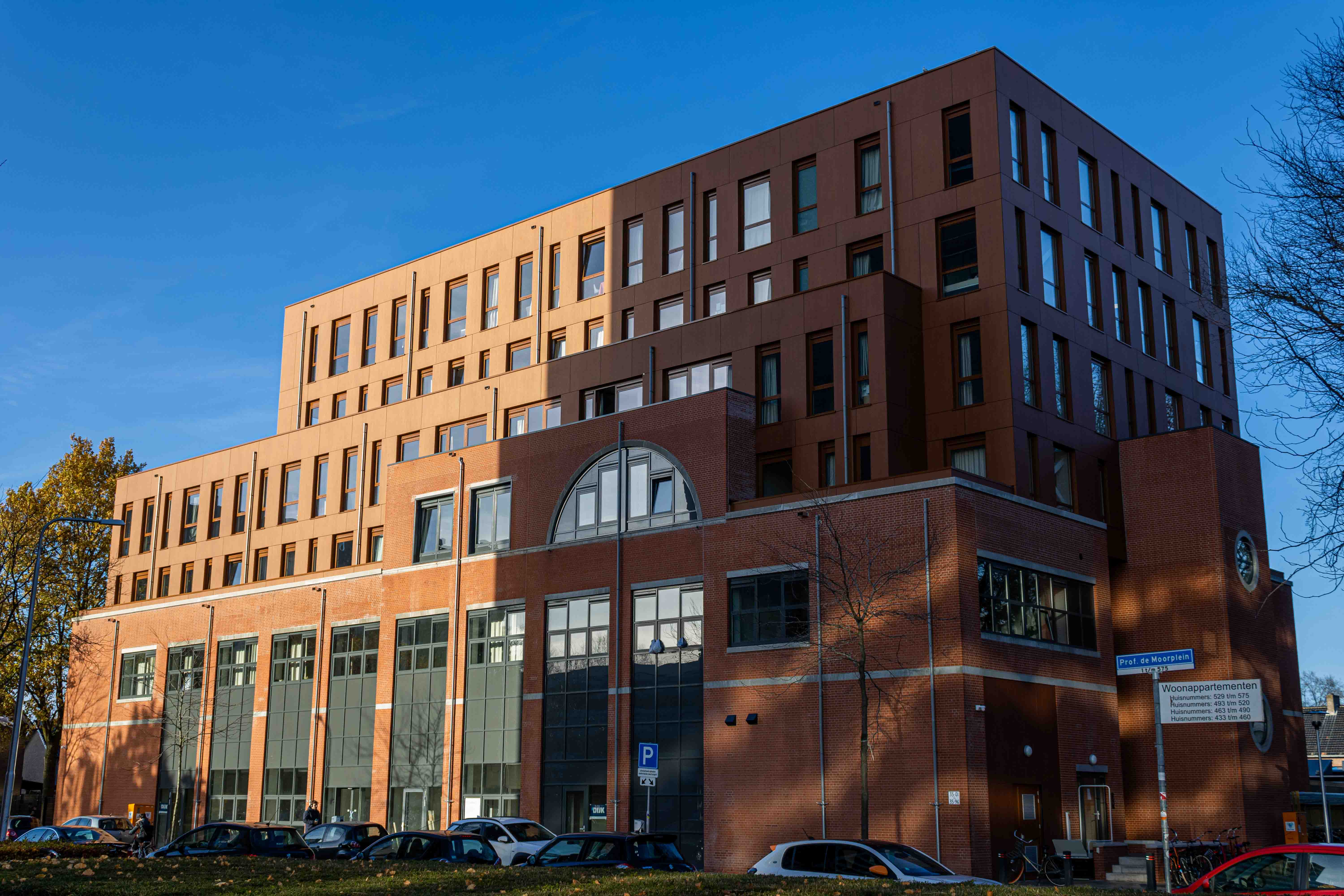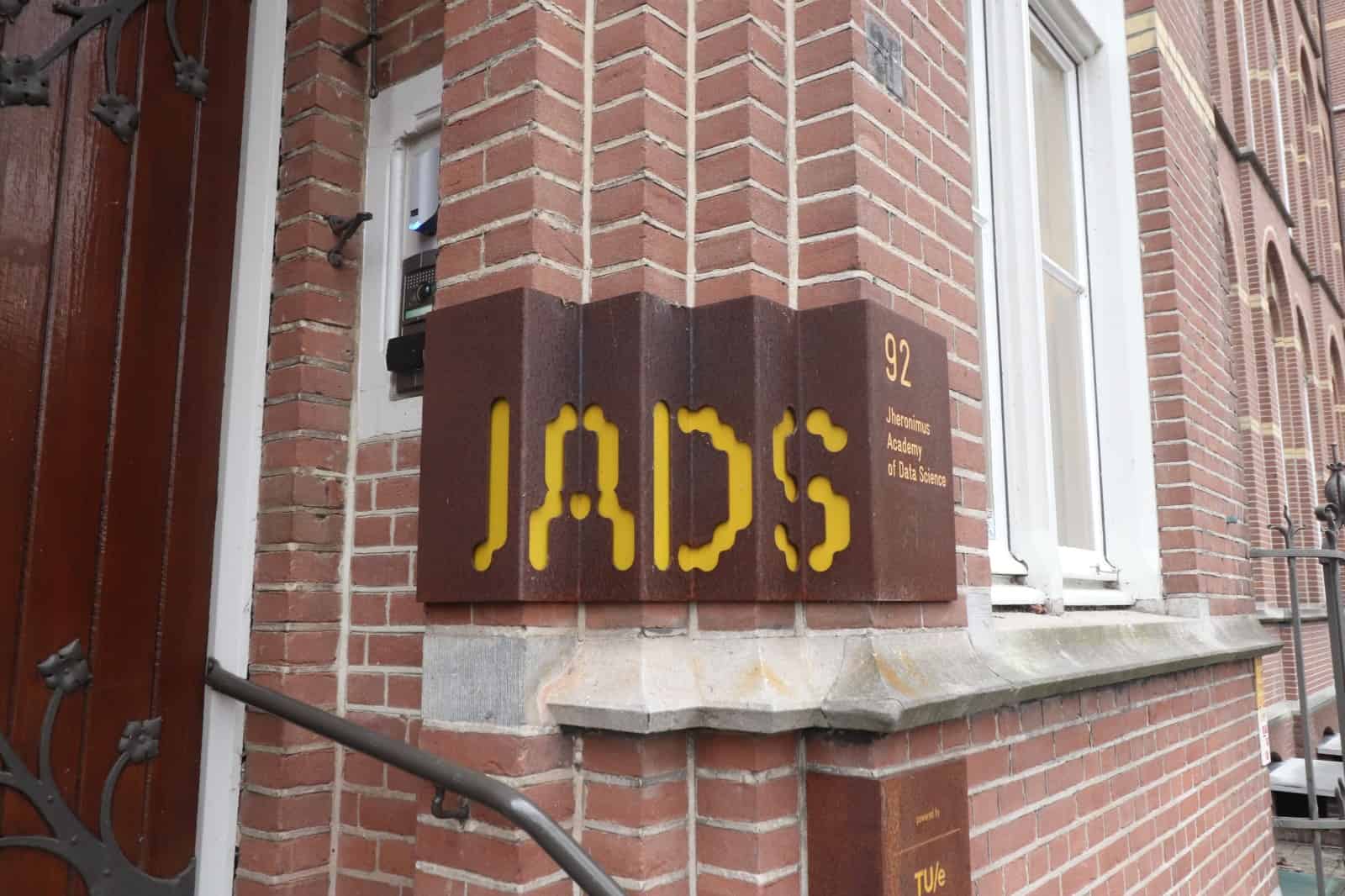
It has been a mystery to scientists for years: being well vaccinated against hepatitis B, but still being able to become infected with the HBV virus. CyTuVax from Maastricht is currently testing a vaccine that reduces the so-called non-response effect. In other words: the risk of infection is further reduced. In November, the last of more than 130 test subjects will receive an injection in the study, CyTuVax expects to publish the results in early 2019. An earlier study already gave positive results; 90% of the test subjects were protected against the virus after vaccination with the new product. The company would like to achieve this result again: “We are confident that the data from the first phase of the study will be reconfirmed. In addition, we hope for a more comprehensive understanding of the effectiveness and safety of our product in a larger group of non-responders. We aim to provide at least 85% of non-responders with a vaccine,” explains Paul van den Brekel, one of the company’s founders.
The traditional treatment method currently offers – depending on the vaccine and treatment schedule – a solution for 50% to 70% of the non-responders. After the usual three injections, they will receive three additional shots. “We want to ensure a higher response rate, but also demonstrate that our product is more effective. Instead of three revaccinations now, our vaccine only needs one or two replicates to adequately protect against the virus,” emphasises Van den Brekel. About 5% of adults do not produce enough antibodies to be protected against infection, in spite of the vaccinations. It is not known exactly why this is. But in the majority of cases, such a non-response is more common in men over forty who smoke and carry too many kilos with them. Also, factors such as genetics and the functioning of the immune system play a possible role. This effect can be particularly dangerous for people working in healthcare or the sex industry.
“You can imagine that a young surgeon with a non-response has a different view about protection than a tourist who goes to Thailand for two weeks,” says Van den Brekel. “But ultimately safety is the most important factor, not only the health of the non-responder but also of those exposed to an infected non-responder.” Van den Brekel indicates that a non-responder-specific drug may change the approach of vaccination centres: “In the future, in addition to the standard visits for vaccination, a fourth visit could be planned, where the blood is tested for the number of antibodies. This way you can say with 100% certainty that a vaccination has been successful.”
But it will take some time before the vaccine comes available on the market. In the final phase of the clinical study, the vaccine must demonstrate in an even larger group that it works effectively and is completely safe for people. Van den Brekel: “In the coming period we will enter into discussions with registration authorities such as the European Medicine Agency (EMA) to determine how this last study should be set up for a final registration of the product.” CyTuVax is also looking for a possible investor who can help financially in this process. “These are long-term, expensive projects. As a startup, we cannot afford that alone.”







